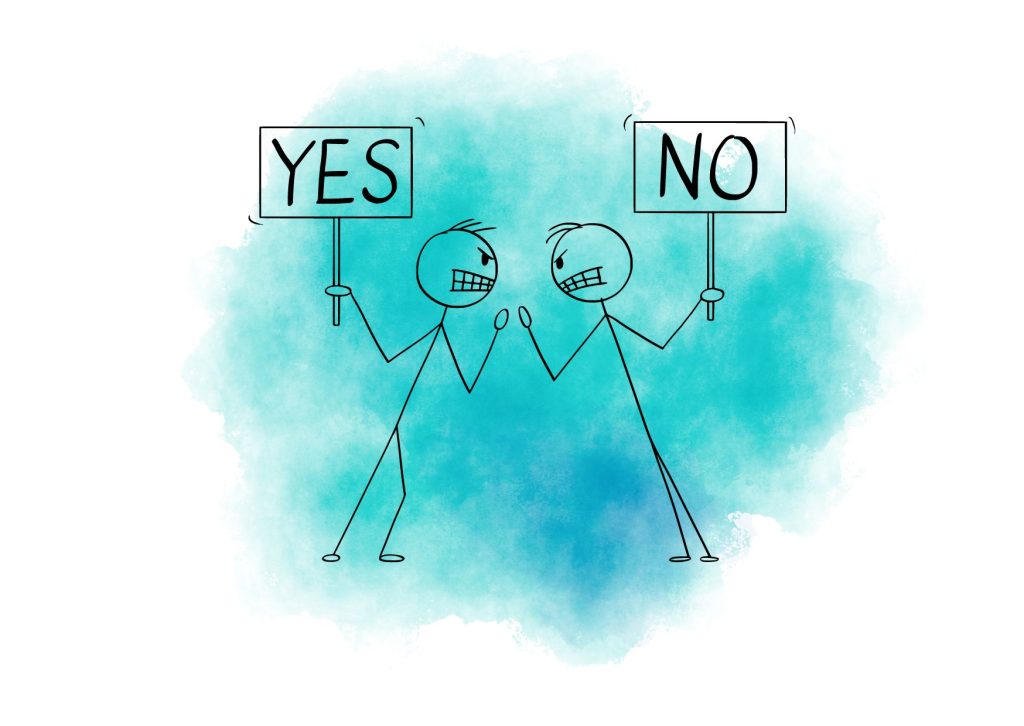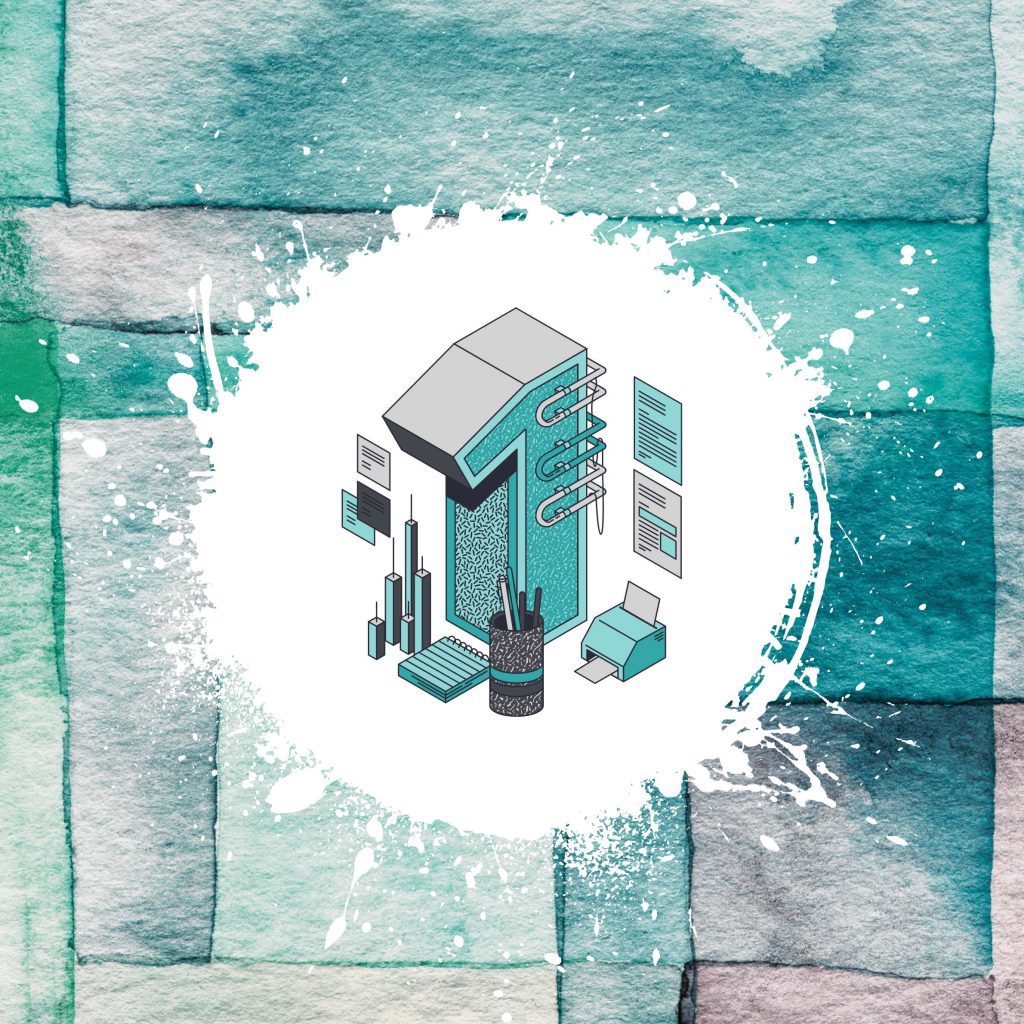Welcome to the Conversation Club! Today’s topic is incredibly relevant for everyone: resolving a conflict between team members. Anyone aiming to master Business Communication in English must know how to resolve conflicts that—inevitably—arise among team members. Join us for an in-depth discussion that will help you improve not only your English skills but also equip you with the real-world knowledge that you can apply in your professional lives.
Prepared with love by: My Personal English Coach
Idioms We Use When Solving Conflicts in English

- Clear the air 🌬️
Definition: To dispel tension or bad feelings
Example: Let’s clear the air before starting the meeting. - Bury the hatchet ⛏️
Definition: To make peace or settle differences
Example: They decided to bury the hatchet and work together. - Be on thin ice ⛸️
Definition: To be in a risky or precarious situation
Example: He’s on thin ice after that argument with the boss. - Throw in the towel 🤲
Definition: To give up
Example: He almost threw in the towel, but then decided to stick it out. - Break the ice ❄️
Definition: To relieve tension or awkwardness
Example: We did a team-building exercise to break the ice.
- Smooth things over 🌊
Definition: To try to resolve conflicts or restore good relations
Example: After the heated argument, Sarah tried to smooth things over by apologising for her part in the misunderstanding. - Sweep something under the rug 🧹
Definition: To ignore or hide a problem instead of facing it
Example: We can’t just sweep this issue under the rug; we need to address it directly. - Meet halfway 🤝
Definition: To compromise with someone by giving up part of what you want
Example: To resolve the dispute, both parties agreed to meet halfway. - Add fuel to the fire 🔥
Definition: To worsen an already bad situation by saying or doing something
Example: Talking about past issues in the middle of a conflict usually adds fuel to the fire. - Call a spade a spade ♠️
Definition: To speak honestly and directly about a situation, even if it’s awkward or unpleasant
Example: If we’re going to resolve this conflict, we need to call a spade a spade and address the issues head-on.
Phrasal Verbs For Mediation and Conflict Management

- Hash out 🗨️ Definition: To discuss something thoroughly
Example: We need to hash out the details of this project. - Clear up ☀️ Definition: To resolve or clarify
Example: I’m glad we cleared up that misunderstanding. - Patch up 🩹 Definition: To mend or resolve
Example: They managed to patch up their differences. - Stand down 🛑 Definition: To withdraw or disengage
Example: She decided to stand down as the CEO - Speak up 📣 Definition: To voice one’s opinion
Example: If you disagree, you should speak up.
Round 1 – Let’s Warm Up
- Have you ever experienced a conflict within a team? How did it start? (Useful Words: disagreement, miscommunication, tension)
- What are some common reasons for conflicts among team members? (Useful Words: misunderstanding, expectations, roles)
- How do you usually feel when a conflict arises in a team setting? (Useful Words: frustrated, anxious, defensive)

Round 2: Let’s Explore it!
- In your opinion, what is the best way to approach a team member when you notice a conflict developing? (Useful Words: address, assertive, mediate)
- Can you share a time when resolving a conflict led to better collaboration within a team? (Useful Words: compromise, resolution, cooperation)
- How can understanding different perspectives help in resolving team conflicts? (Useful Words: empathy, perspective, reconciliation)

Round 3: Ready to Get Personal?
Tell your partner about a professional conflict you can remember. Include the answers to all of the following questions:
- how did it originate?
- who was involved?
- how was it managed?
- what is your opinion of the way it was managed?
- what was your role in it?
- is there anything you would have done differently should the same situation take place now?
- what happened after the conflict?

Remember – there is always more! Here is your Follow Up video:
#ConflictResolution #Teamwork #Collaboration #EffectiveCommunication #TeamSuccess #WorkplaceHarmony #ResolveConflicts #TeamBuilding #Empathy #Leadership #CommunicationSkills #ProblemSolving #TeamDynamics #Cohesion #Understanding #Coaching #TeamGrowth #ConflictManagement #ProfessionalDevelopment #WorkplaceCulture #Assertiveness #ActiveListening #TeamEfficiency #InclusiveWorkplace #TrustInTeams #MPEC #MPECItaly #MPECCoaching #NeuroscienceInCoaching #CustomizedCourses #PotentialUnlocked #MediazioneConflitti #RisolvereConflitti #LavoroDiSquadra #Collaborazione #SuccessoDelTeam #ComunicazioneEfficace #ArmoniaSulLavoro #CostruzioneDelTeam #Empatia #Leadership #AbilitàDiComunicazione #ProblemSolving #DinamicheDiGruppo #Coesione #Comprensione #CrescitaDelTeam #SviluppoProfessionale #CulturaDelLavoro #AscoltoAttivo #EfficienzaDelTeam





